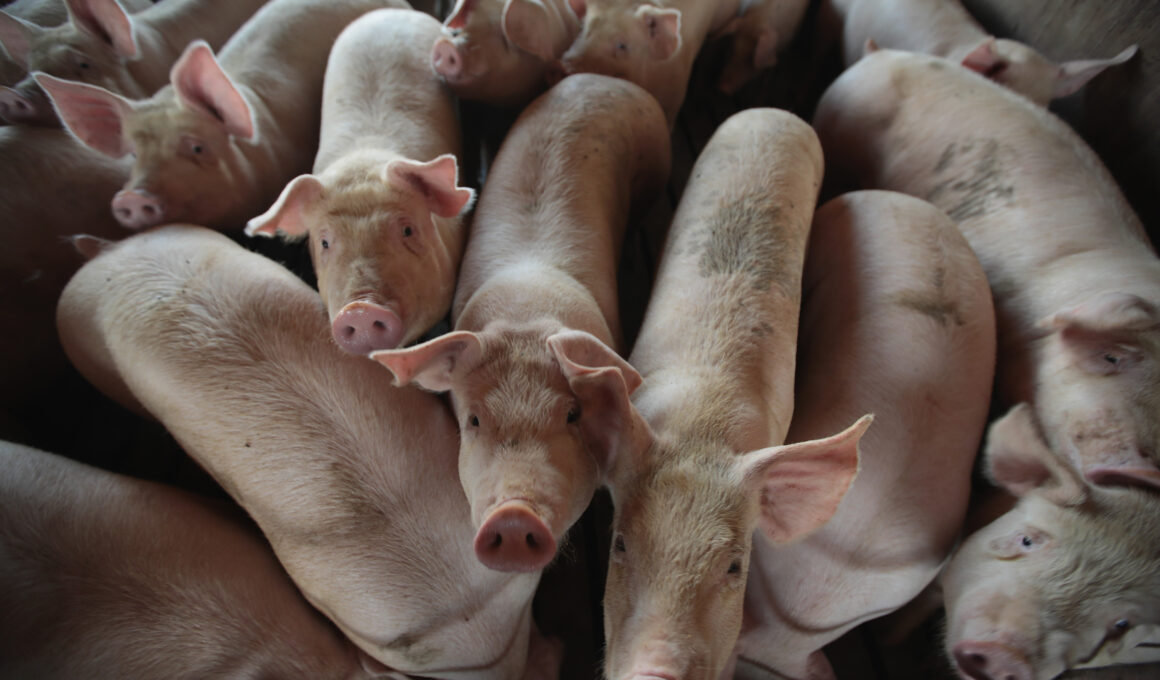A pig-to-human transplant center is being built in Minnesota, local media has reported.
United Therapeutics, a U.S. biotech company, has purchased 32 acres of land in Stewartville for $4.5 million to build the state-of-the-art facility, a Post Bulletin report said.
Per the outlet, Dewey Steadman, United Therapeutics’ head of investor relations, said the company was “constructing a state-of-the-art pilot scale designated pathogen-free facility to support clinical research using potentially lifesaving, gene-edited pig organs for transplant into patients who have end stage organ diseases of the heart and kidney.”
The site is close to the Mayo Clinic, a nonprofit academic medical center. While the facility is not associated with the clinic, Steadman said the location played a role in the company’s decision to purchase the site.
“Proximity to Mayo (Clinic), which is a major transplant center, as well as proximity to the Rochester airport were important to us,” he told the Post Bulletin. “It does not involve Mayo directly, but we hope one day Mayo will be a customer for organs produced at the site.”
The company plans to introduce the first pigs to the center in 2027, Steadman said.
United Therapeutics said the center would be similar to its existing center in Virginia, which spans 77,000 square feet and cost about $100 million to build.
Newsweek has contacted United Therapeutics for comment via email.
Only a handful of humans have received transplants of pig hearts or kidneys, which are highly experimental surgeries.
The patients, who were all in extremely dire health conditions and took the animal transplants as a last resort, died within months of the procedures.
The first to receive a genetically modified pig heart was David Bennett, in 2022, and he died two months later, with signs of a pig virus later found in the organ. Lawrence Faucette, who received a similar heart in 2023, died after six weeks because of rejection.
Rick Slayman, the first human to get a pig kidney, received the transplant in March and died in May—though surgeons said the transplant was not the cause of death. Lisa Pisano had a pig kidney transplanted in April but soon had it removed because of damage from heart medication. She died in July.
Efforts to transplant animal organs into humans—known as xenotransplantation—have historically failed, largely because of the human immune system’s rapid rejection of the foreign tissue.
Scientists have since explored using genetically modified pigs, whose organs have been altered to more closely resemble human tissues, to improve the chances of success.
There is a huge demand for organ transplants across the country, with more than 100,000 people on the waiting list, according to the Organ Procurement and Transplantation Network.








